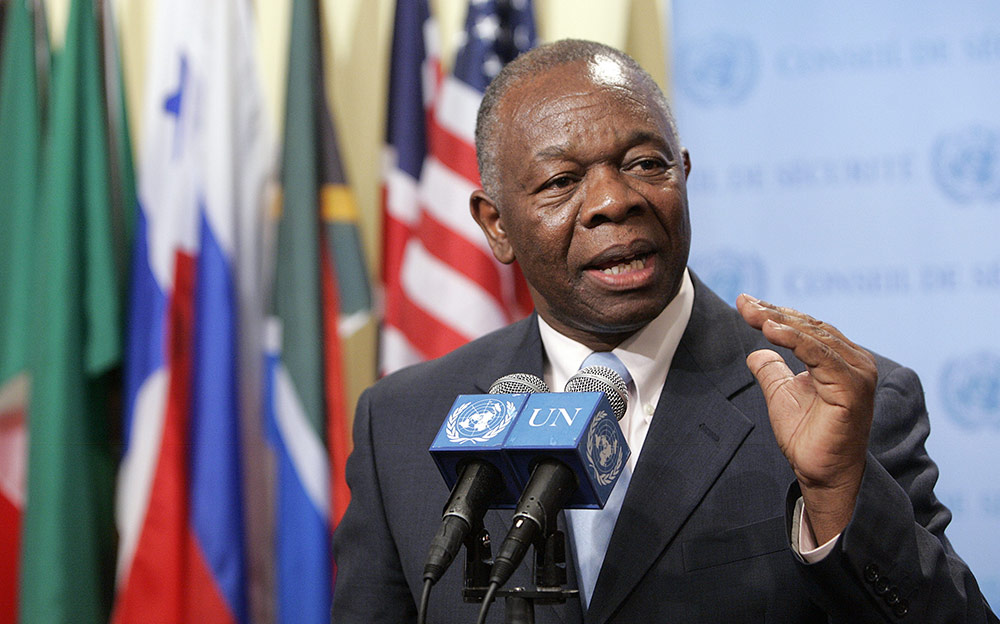shilohcreekkennels.com – The legal system of Zimbabwe is a complex and multifaceted structure that plays a crucial role in the administration of justice within the country. This system is designed to uphold the rule of law, protect the rights of individuals, and ensure that disputes are resolved fairly and efficiently. This article provides an overview of the key components and principles that define the legal system in Zimbabwe.
Separation of Powers
One of the foundational principles of the Zimbabwean legal system is the separation of powers among the legislative, executive, and judicial branches of government. This principle is enshrined in the Zimbabwe Constitution, which ensures that each branch has distinct functions and responsibilities to prevent the concentration of power in any single entity.
Legislative Branch
The legislative branch, represented by the Parliament of Zimbabwe, is responsible for making laws. It consists of two houses: the Senate and the House of Assembly. The Parliament is tasked with enacting legislation that governs various aspects of the country, including criminal justice, civil rights, and economic policies.
Executive Branch
The executive branch, led by the President, is responsible for the administration and enforcement of laws. The President, along with the Cabinet, oversees the day-to-day operations of the government and ensures that laws are implemented effectively.
Judicial Branch
The judicial branch, which includes the Supreme Court, High Court, and lower courts, is responsible for interpreting and applying the law. The judiciary plays a crucial role in resolving disputes, ensuring that the rights of individuals are protected, and maintaining the rule of law.
Legal Framework
The legal framework in Zimbabwe is primarily based on English common law, which has been adapted to suit the local context. This framework includes a comprehensive set of laws that cover a wide range of legal issues, from criminal justice to property rights.
Constitutional Framework
The Constitution of Zimbabwe serves as the supreme law of the land, providing the legal and institutional framework for the country. It outlines the fundamental rights and freedoms of citizens, the structure of the government, and the principles of governance.
Statutory Laws
In addition to the Constitution, Zimbabwe has a vast array of statutory laws that are enacted by Parliament. These laws cover a wide range of topics, including criminal law, civil law, and administrative law.
Common Law
Common law, which is derived from judicial decisions rather than statutes, also plays a significant role in the Zimbabwean legal system. This form of law is particularly important in areas where there is no specific statutory law to govern a particular issue.
Challenges and Future Directions
While the legal system in Zimbabwe provides a robust framework for the administration of justice, it faces several challenges that impact its effectiveness. These challenges include issues related to access to justice, judicial independence, and the enforcement of laws.
Access to Justice
One of the major challenges facing the legal system in Zimbabwe is ensuring that all citizens have access to justice. This includes providing legal representation for those who cannot afford it and ensuring that the judicial process is accessible to all.
Judicial Independence
Maintaining the independence of the judiciary is crucial for the fair administration of justice. Efforts are ongoing to strengthen the independence of judges and ensure that they are free from political influence.
Enforcement of Laws
Ensuring that laws are effectively enforced is another critical challenge. This involves improving the capacity of law enforcement agencies and ensuring that legal processes are transparent and accountable.
Conclusion
The legal system in Zimbabwe is a vital component of the country’s governance structure, designed to uphold the rule of law and protect the rights of its citizens. While it faces several challenges, ongoing efforts are being made to strengthen its effectiveness and ensure that justice is administered fairly and efficiently.
